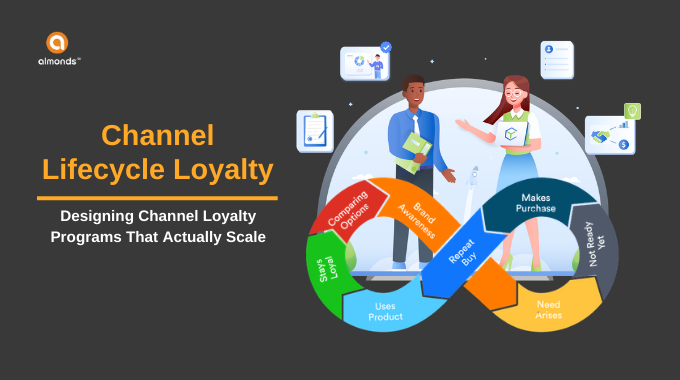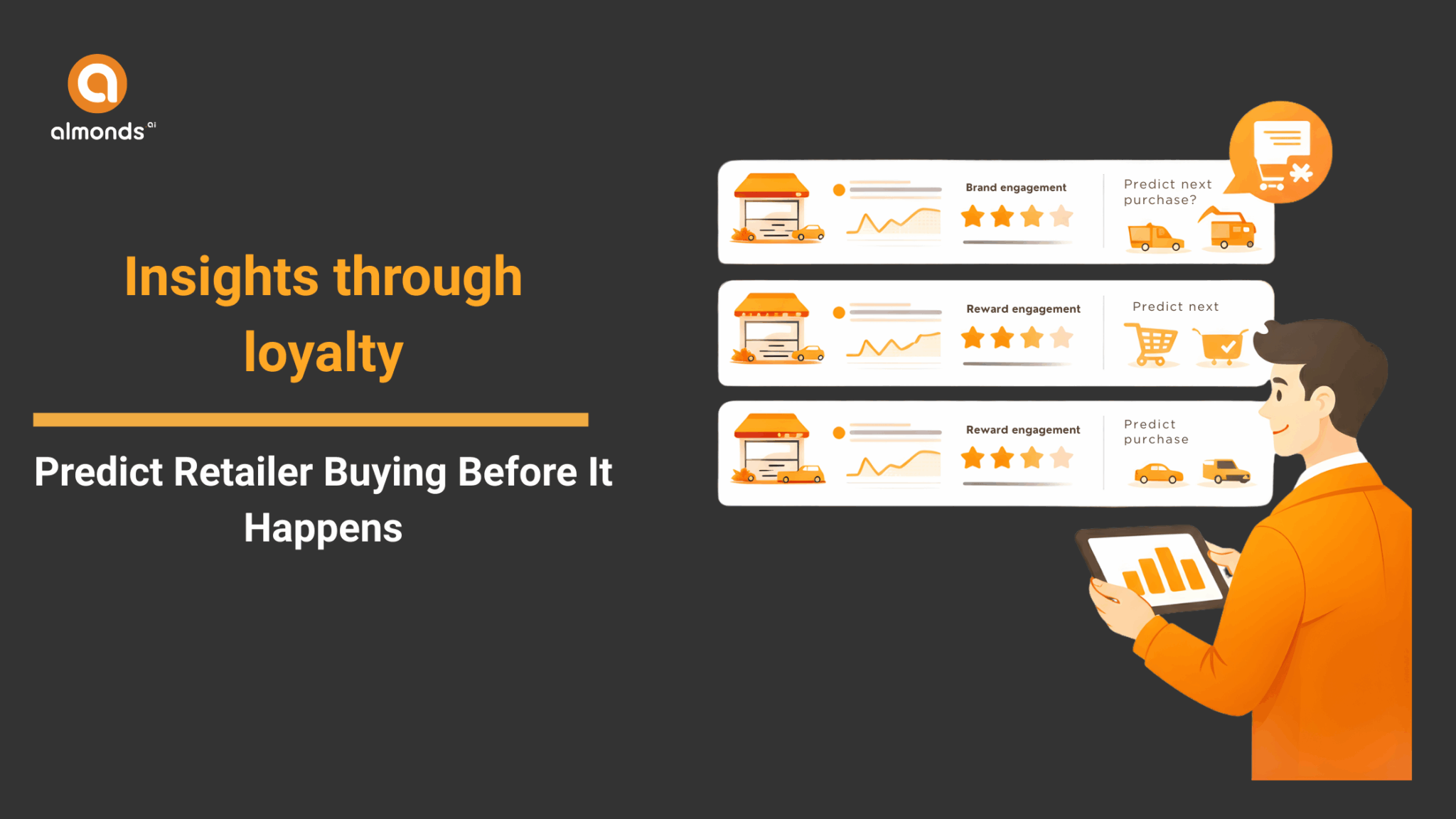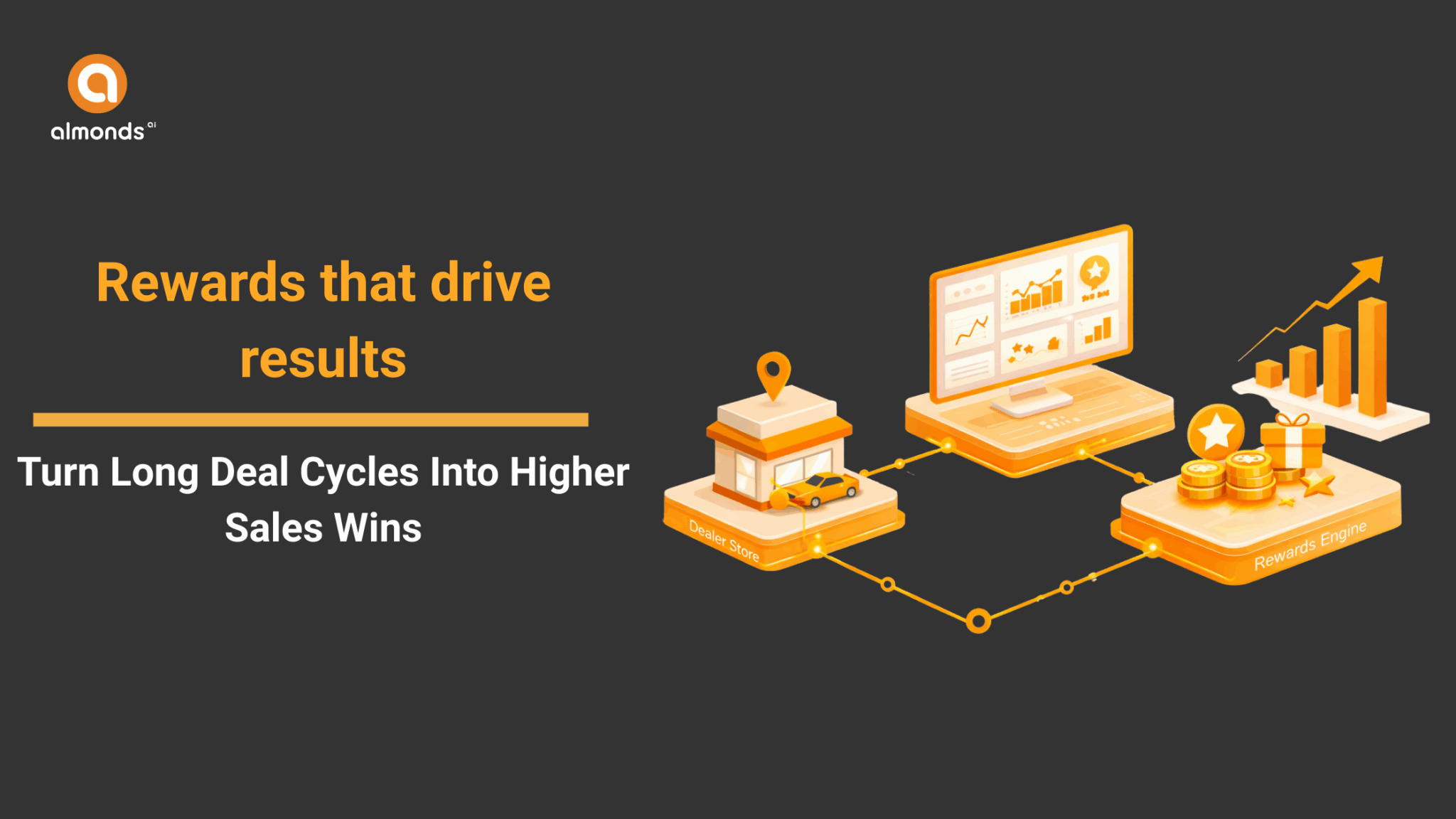India’s loyalty program landscape is set to witness transformative shifts in 2025, fueled by technological advancements and evolving consumer expectations. With businesses striving to engage customers and build lasting relationships, loyalty programs are becoming a cornerstone of marketing strategies. Here are the key trends shaping the future of loyalty programs in India:
1. AI-Driven Personalization
Advanced AI technologies are enabling hyper-personalized loyalty experiences, tailoring rewards and communication to individual preferences. According to HubSpot, personalized offers can boost customer retention rates by 47%. For example, a leading Indian e-commerce platform implemented AI to analyze browsing patterns and purchase history, offering highly specific product recommendations and rewards. This strategy increased repeat purchases by 35% within six months. Similarly, hospitality brands are using AI to deliver real-time offers to guests based on their preferences during stays, enhancing guest satisfaction.
2. Integration of Gamification

Gamification is transforming loyalty programs into highly engaging experiences through challenges, leaderboards, and rewards. Forbes reports that gamified loyalty programs see a threefold increase in customer engagement compared to traditional methods. In the retail sector, a well-known grocery chain introduced a gamified program where customers earned points by completing weekly shopping challenges. Participation rates soared by 50%, with customers making more frequent visits to achieve milestones. Hospitality chains are also adding gamified elements like trivia quizzes that reward points, encouraging engagement even outside of direct purchases.
3. Rise of Green Loyalty Programs

Environmental consciousness is reshaping loyalty programs as brands introduce rewards for sustainable actions. Statista highlights that 64% of Indian consumers prefer brands contributing to sustainability. A popular FMCG brand launched a green loyalty program where customers earned points for returning empty product packaging. Within a year, the initiative diverted over 10 tons of plastic from landfills and boosted customer retention by 20%. E-commerce companies are also incentivizing customers to choose eco-friendly delivery options, rewarding them with loyalty points for supporting sustainable logistics.
________________________________________
4. B2B Loyalty Platforms in Focus
Businesses in India are increasingly recognizing the value of channel partner loyalty, making B2B loyalty platforms essential. Insights from the UAE, such as B2B loyalty platforms in Dubai and B2B rewards platforms in the UAE, highlight how effective these systems are in fostering partner engagement. A leading Indian manufacturer implemented a B2B loyalty platform to reward distributors for timely payments and achieving sales milestones. This program improved payment cycles by 30% and strengthened dealer relationships. Additionally, tiered incentives encouraged distributors to prioritize the manufacturer’s products over competitors.
________________________________________
5. Omnichannel Loyalty Programs
Seamless integration of online and offline touchpoints is becoming a priority for loyalty programs. Entrepreneur notes that 73% of consumers use multiple channels before completing a purchase. An apparel retailer introduced a program allowing customers to earn and redeem points both online and in-store. This omnichannel approach resulted in a 40% increase in program participation and drove higher conversions across channels. Restaurants are also adopting omnichannel strategies, enabling diners to accumulate points for both dine-in and food delivery orders through a unified platform.
________________________________________
6. Subscription-Based Rewards
Subscription models are gaining popularity as they offer exclusive perks, such as early access, discounts, or free shipping, for a recurring fee. According to HBR, subscription loyalty programs have retention rates 40% higher than traditional ones. For instance, an Indian entertainment platform launched a subscription program offering ad-free streaming and bonus content. The initiative attracted over 1 million subscribers within a year, significantly boosting customer lifetime value. Similarly, a food delivery app’s subscription model offering free deliveries led to a 60% increase in order frequency among members.
________________________________________
7. Blockchain for Transparency
Blockchain technology is revolutionizing loyalty programs by ensuring transparency and security. Forbes highlights that blockchain eliminates fraud and increases trust in rewards systems. A global airline group piloted a blockchain-based loyalty program in India, allowing customers to track and redeem miles seamlessly across partner airlines. This system reduced operational inefficiencies and improved customer satisfaction scores by 25%. Similarly, a multi-brand retail consortium used blockchain to create a unified loyalty wallet, enabling customers to use points across different retailers without hassle.
________________________________________
8. Focus on Emotional Loyalty
Emotional loyalty, driven by meaningful brand interactions, is emerging as a critical success factor. HubSpot notes that emotionally connected customers are 52% more valuable than highly satisfied customers. A luxury brand in India launched a campaign celebrating its loyal customers’ milestones, such as anniversaries or achievements, with personalized messages and exclusive gifts. This approach deepened emotional bonds and increased repeat purchases by 40%. Social responsibility initiatives, like supporting local artisans and donating a portion of sales to charity, are also fostering emotional loyalty among customers.
________________________________________
9. Digital Wallet Integration
Digital wallets are becoming integral to loyalty programs, simplifying the process of tracking and redeeming rewards. Statista predicts that India will have 500 million digital wallet users by 2025. A popular food delivery app integrated digital wallets with its loyalty program, allowing customers to redeem points directly for payments. This integration increased program engagement by 50% and streamlined the redemption process. Retailers are also enabling point redemption via digital wallets at checkout, enhancing convenience and reducing friction in the customer journey.
________________________________________
10. Leveraging Data Analytics
Advanced data analytics is empowering businesses to refine their loyalty strategies. McKinsey reports that companies using data-driven loyalty strategies see a 15-20% increase in customer retention. A leading telecom operator in India used predictive analytics to identify customers at risk of churning. By offering targeted discounts and rewards, they reduced churn by 18% in six months. Retailers are leveraging analytics tools to segment customers based on purchasing habits, enabling highly targeted and effective campaigns that boost program success.
________________________________________
Conclusion
Loyalty programs in India are evolving rapidly, driven by technology, personalization, and sustainability. Businesses that adopt these trends will not only enhance customer engagement but also gain a competitive edge in a crowded market. By learning from global successes like B2B loyalty platforms in Dubai and B2B rewards platforms in the UAE, Indian brands can set new benchmarks for innovation and customer retention.
As 2025 unfolds, loyalty programs’ success will lie in their ability to adapt to changing consumer needs while delivering measurable value. The future of loyalty is here—and brands that embrace these trends will thrive in the ever-competitive landscape.







